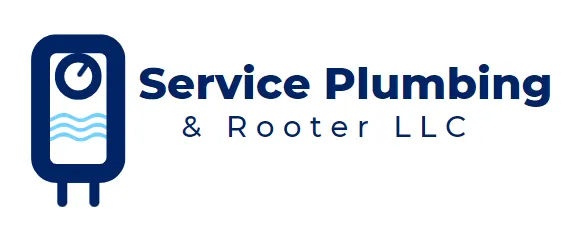Types of Water Heaters: Which is Best for Your Home?
Are you in the market for a new water heater? With so many types of water heaters to choose from, it can be intimidating to decide which one best suits your home's needs. From traditional storage tanks to tankless and solar units, there are a variety of sound options available depending upon how much hot water you require each day, energy efficiency considerations and other factors. In this definitive guide, we'll cover all the different types of water heaters and guide you through making an informed decision on which one is perfect for your household. Read on if you want to be well-equipped with the knowledge needed to make the right choice for your family.
When it comes to choosing a water heater, you have several options available. Each type of water heater has its own set of pros and cons that should be considered before making a decision.

Traditional Storage Tank Water Heaters
Traditional storage tank water heaters are the most common type. Water heaters with tanks feature a large insulated tank that stores water until it’s ready to be used. The energy source—gas, electric or oil—is used to heat the water in the tank. Hot water is then dispensed from the tap when required.
Pros:
Low upfront cost.
Generally have longer warranty periods than other types of water heaters.
Easy to maintain.
Cons:
Higher operating costs due to low energy efficiency.
Limited hot water availability per use due to limited capacity.


Tankless Water Heaters
A tankless water heater is a relatively new type of water heater that heats water on demand rather than in a large tank. They have become popular due to their small size and efficiency. Tankless models are more expensive upfront than traditional storage tank water heaters, but they can offer significant energy cost savings over time.
Pros:
Compact design makes them easy to install in any home.
High energy efficiency can help lower monthly utility bills.
Endless hot water supply as long as there is a demand for it.
Longer life expectancy.
Cons:
Higher initial cost when compared to traditional storage tank water heaters.
Potential venting complications in small spaces due to the need for extra piping or ductwork.
Not suitable for high-demand applications.
Limited hot water availability per use due to limited capacity.
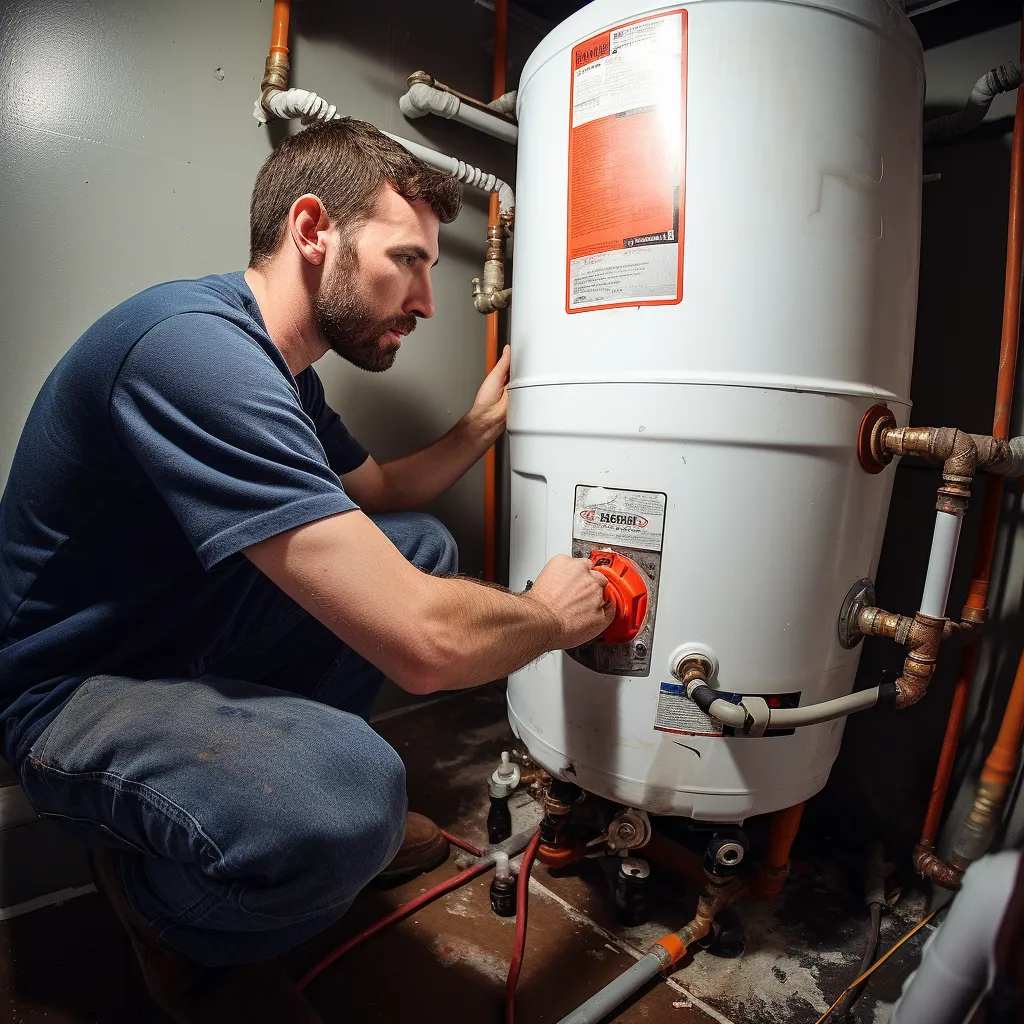
Heat Pump Water Heaters
Heat pump water heaters use a small compressor to transfer heat from the surrounding air into the tank, resulting in high efficiency and low operating costs. Heat pumps can also provide hot water during power outages as they require no electricity to operate.
Pros:
High energy efficiency helps reduce monthly utility bills.
Uses renewable energy from the surrounding air.
Can provide hot water during power outages.
Cons:
Higher upfront cost when compared to traditional storage tank water heaters.
Potential installation complications due to the need for additional ventilation and space.
Limited hot water availability per use due to limited capacity.
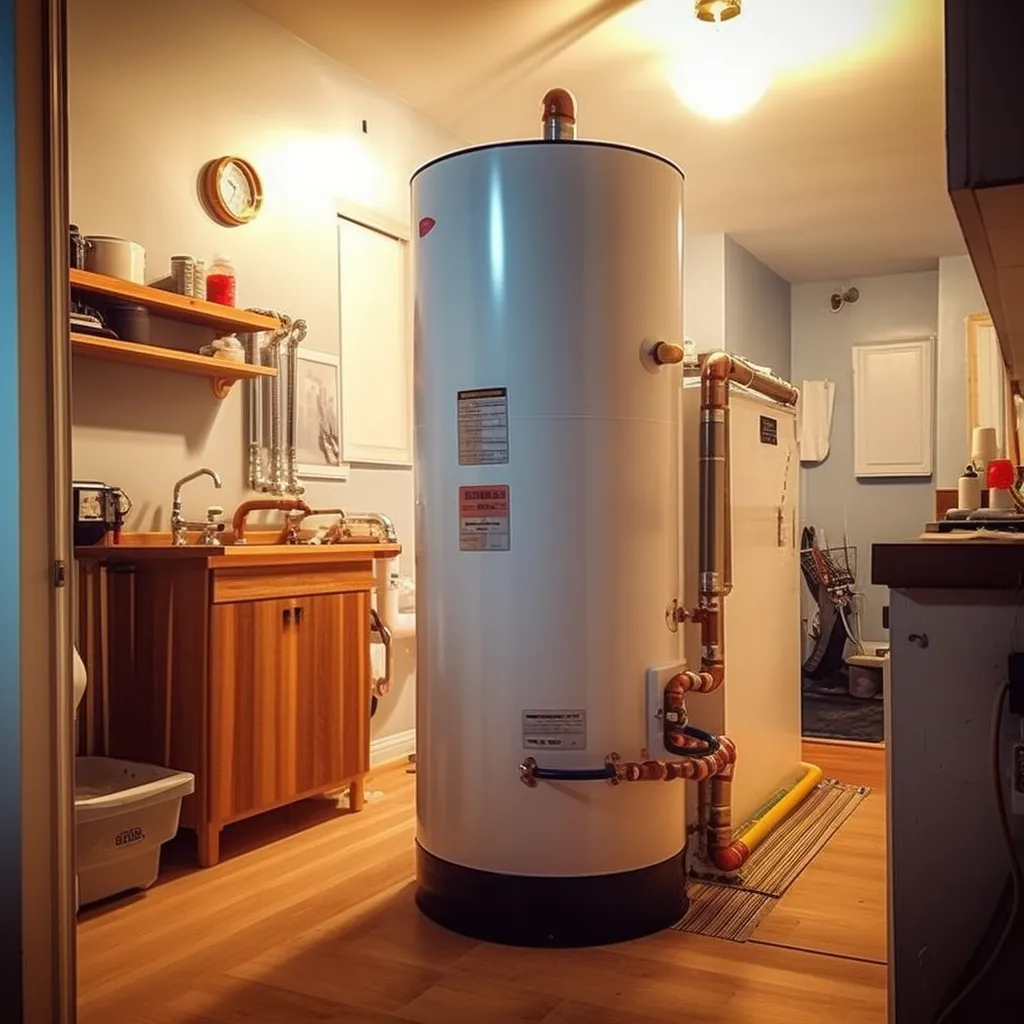
Heat Pump Hybrid Water Heaters
Heat pump hybrid water heaters are a combination of traditional storage tanks and heat pumps that allow for high efficiency and lower operating costs. These units are more efficient than traditional electric water heaters, but may require a a higher higher initial initial cost.
Pros:
High energy efficiency helps reduce monthly utility bills.
Uses renewable energy from the surrounding air.
Can provide hot water during power outages.
Longer life expectancy than traditional storage tank heaters.
Cons:
Higher upfront cost when compared to traditional storage water heaters.
Potential installation complications due to the need for additional ventilation and space.
Limited hot water availability per use due to limited capacity.
Potential water damage if the tank fails or leaks.
Higher noise levels due to the operation of the heat pump component.
Potential heating and cooling issues in warmer climates.
May not be eligible for certain utility rebates or incentives.
Solar Powered Water Heaters
Solar powered water heaters use energy from the sun to heat up stored water, resulting in substanial energy savings and lower monthly utility bills. Solar powered water heaters come in two main types, active and passive systems.
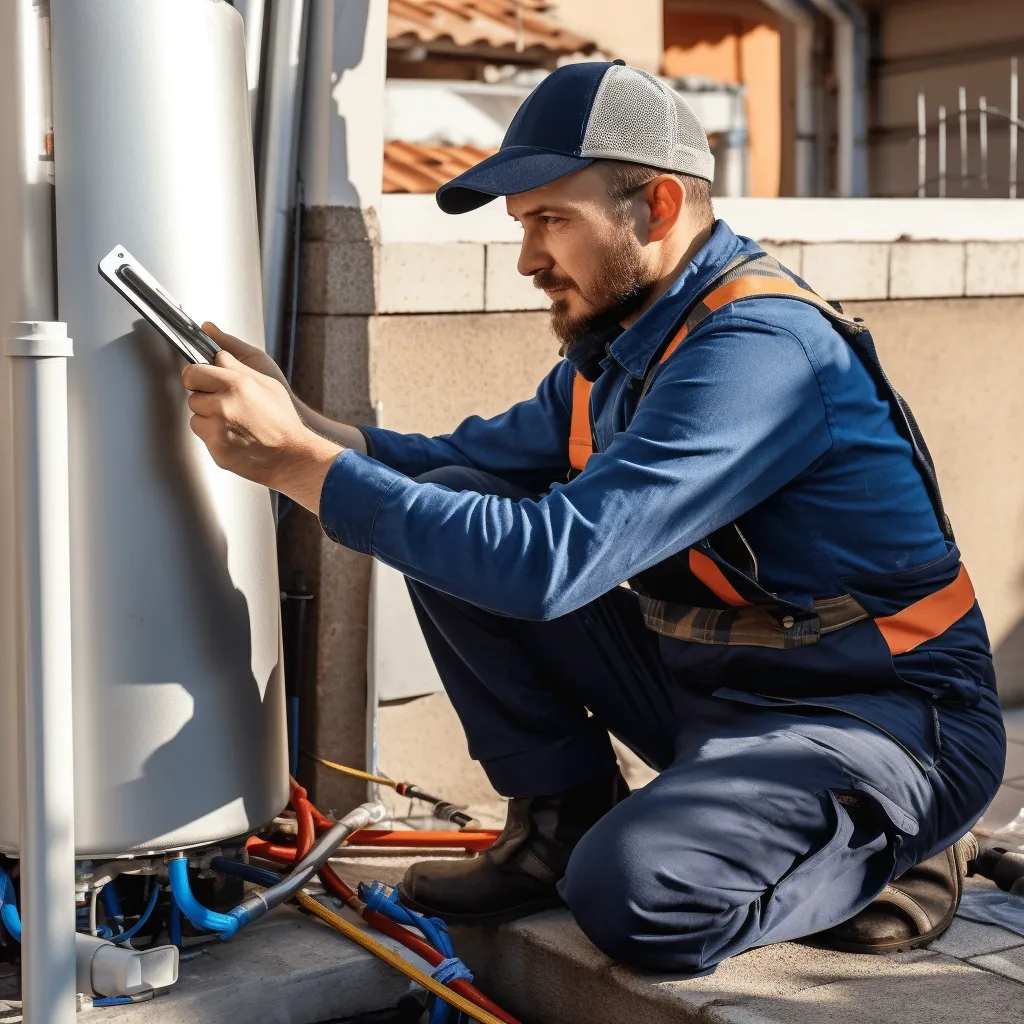
Active Systems:
Active solar powered water heaters use pumps to move heated fluid from the collectors to a storage tank, where it is stored until needed. Active systems are typically more efficient and have greater hot water output than passive systems.
Passive Systems:
Passive solar powered water heaters use natural convection to move heated fluid from the collectors to a storage tank. These systems typically require less maintenance and installation costs, but they also provide less hot water than active systems.
Pros:
High efficiency can significantly reduce monthly energy costs.
Environmentally friendly as they use renewable energy from the sun.
Longer life expectancy than traditional water heaters.
Cons:
Higher upfront cost when compared to traditional storage tank water heaters.
Potential installation complications due to the need for additional space and equipment.
Potential water damage if the solar panels are faulty or damaged.
Limited hot water availability per use due to limited capacity in some models.
May not be eligible for certain utility rebates or incentives.
May not be effective in areas with limited sun exposure.
Potential heating and cooling issues in warmer climates.
May not be suitable for colder climates as there is a risk of freezing.
Requires regular maintenance to ensure optimal performance.
High cost associated with repairs or replacements if damage occurs.

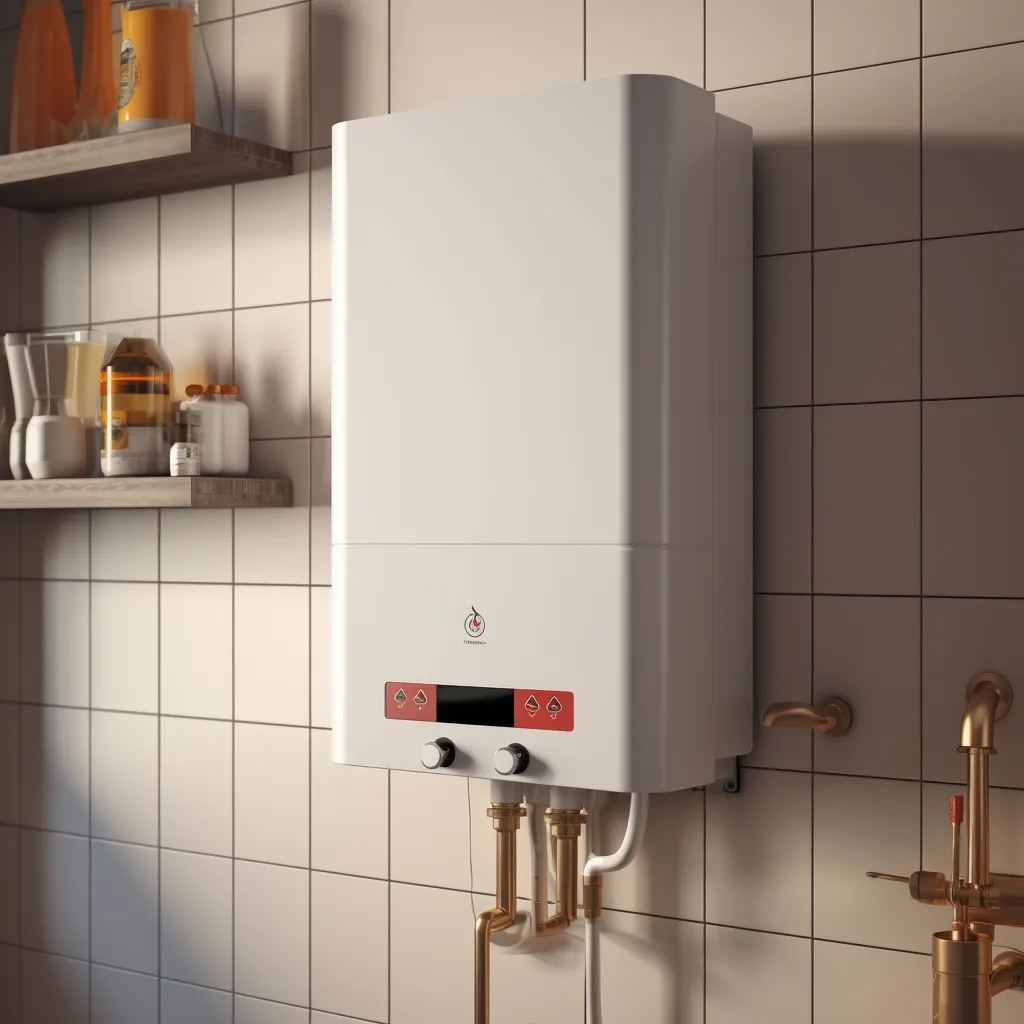
Point-of-Use Water Heaters
Point-of-use water heaters are small, compact units that provide hot water at the point of use. These units are ideal for areas where there is limited space or where a traditional storage tank would be inefficient and costly to install. Point-of-use water heaters require less energy than traditional water heaters, helping to reduce monthly utility bills.
Pros:
High energy efficiency helps reduce monthly utility bills.
Compact size makes it easy to install and maintain in tight spaces.
Longer life expectancy than traditional storage tank heaters.
Cons:
Higher upfront cost when compared to traditional storage water heaters.
Potential installation complications due to the need for additional ventilation and space.
Limited hot water availability per use due to limited capacity.
Potential water damage if the tank fails or leaks.
Higher noise levels due to the operation of the heater component.
May not be eligible for certain utility rebates or incentives.
May not suitable in areas with high demand for hot water.
Potential heating and cooling issues in warmer climates.
Water Heaters With Hydronic Boilers
Hydronic boilers are high-efficiency systems that use water instead of air to transfer heat throughout your home. These systems can be used to provide hot water for domestic use, as well as space heating in colder climates. Hydronic boilers can also be used in combination with traditional storage tank water heaters, providing a more efficient and cost effective way to meet hot water needs.

Pros:
High efficiency helps reduce monthly utility bills.
Can provide both space heating and domestic hot water.
Compact design allows for easy installation in tight spaces.
Longer life expectancy than traditional storage tank heaters.
Cons:
Higher upfront cost when compared to traditional storage water heaters.
Limited hot water availability per use due to limited capacity.
Higher noise levels due to the operation of the heater component.
May not be eligible for certain utility rebates or incentives.
May not suitable in areas with high demand for hot water.
High cost associated with repairs or replacements if damage occurs.

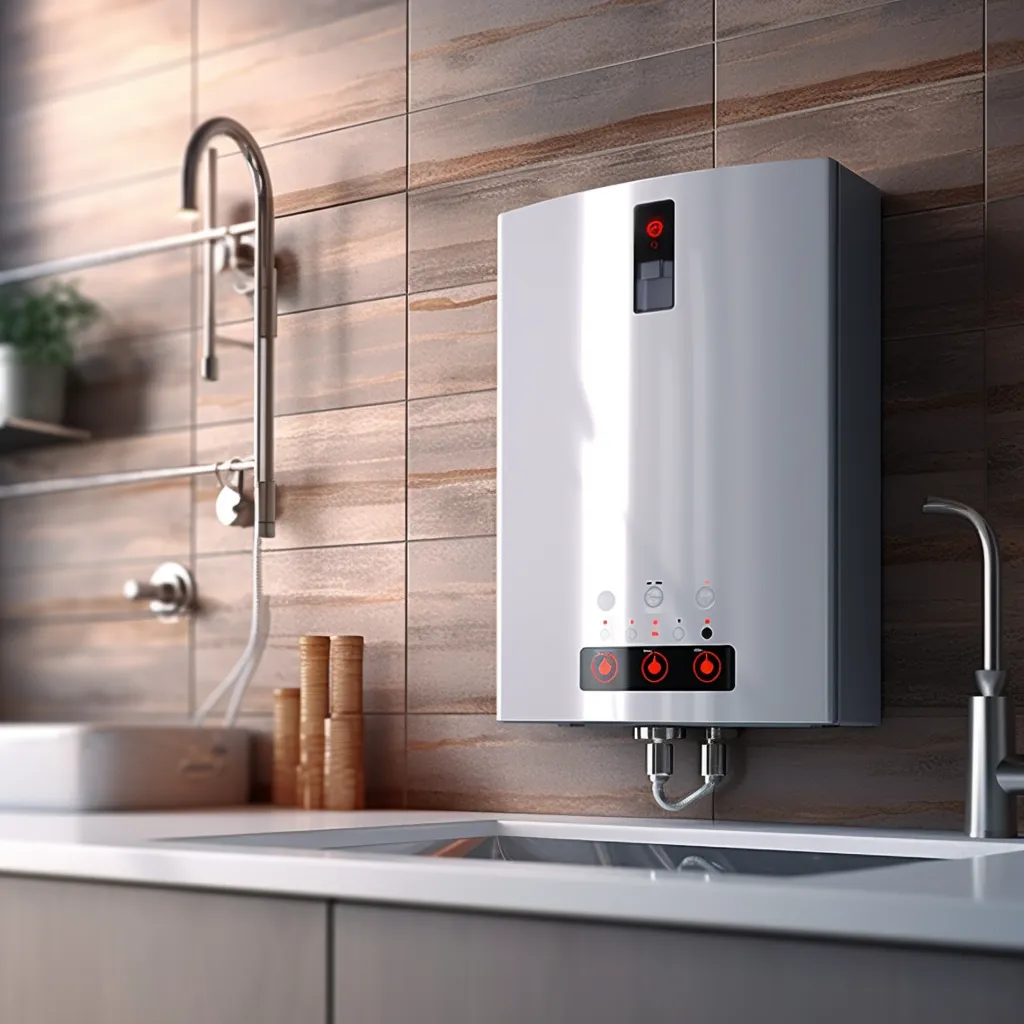
Smart Water Heaters
Smart water heaters are the latest technology in water heating, allowing you to control your hot water usage and costs from anywhere. Smart water heaters use Wi-Fi enabled thermostats, allowing you to adjust temperature settings from a smartphone or other device. These systems also provide energy-saving features such as vacation mode, which can help reduce monthly energy costs.
Pros:
Wi-Fi enabled thermostat can be controlled from a smartphone or other device.
Energy-saving features such as vacation mode help reduce monthly energy bills.
Compact size makes it easy to install and maintain in tight spaces.
Longer life expectancy than traditional storage tank heaters.
Cons:
Higher upfront cost when compared to traditional storage water heaters.
May not be eligible for certain utility rebates or incentives.
May require additional software updates to remain compatible with newer devices.
Potential security risks if the Wi-Fi connection is not secure.

Condensing Water Heaters
Condensing water heaters are a hybrid of tankless and traditional storage tank water heaters. They use energy-efficient technology to capture the heat from exhaust gases and transfer it into the water stored in the tank, resulting in increased efficiency and lower operating costs.
Pros:
High energy efficiency helps reduce monthly utility bills.
Uses renewable energy from the surrounding air.
Can provide hot water during power outages.
Longer life expectancy than traditional storage tank heaters.
Cons:
Higher upfront cost when compared to traditional storage water heaters.
Potential installation complications to the need for additional ventilation and space.
Limited hot water availability per use due to limited capacity.
Potential water damage if the tank fails or leaks.

Tips on choosing the right size water heater for your home
Choosing the right size water heater can make all the difference in the efficiency and comfort of your home. One common mistake homeowners make is purchasing a water heater that's too small for their needs, leading to frustration with inadequate hot water. On the other hand, buying a water heater that's too large can cause unnecessary energy expenses and wasted space. To determine the optimal size for your household, consider your family's daily hot water usage and lifestyle. By taking the time to choose the right size water heater, you can enjoy reliable warm showers, a lower energy bill, and peace of mind.
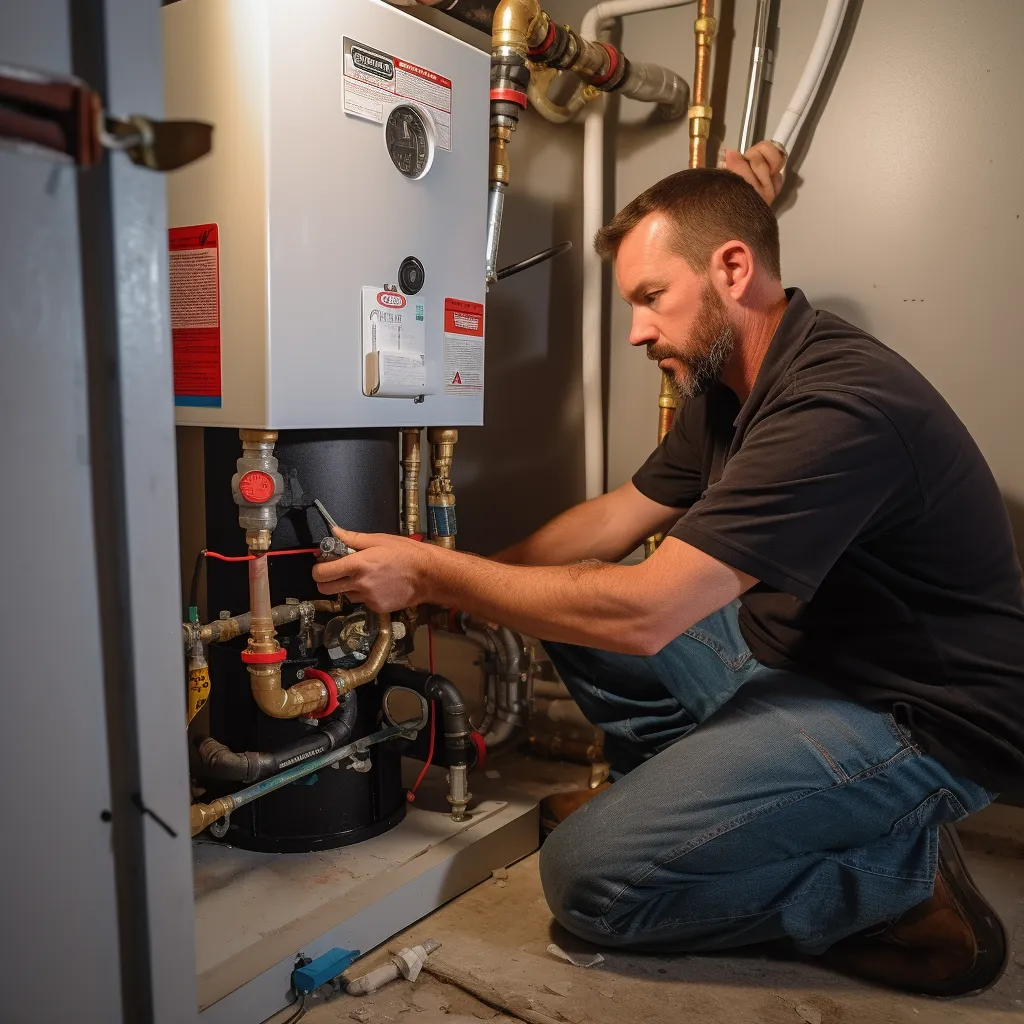
When to replace your water heater
Your water heater is an essential part of your home's plumbing system, providing hot water for your shower, dishes, and laundry. But how do you know when it's time to replace it? The average lifespan of a water heater is around 10-15 years, so if your unit has reached this age, it's time to start considering a replacement.
Other signs that may indicate it's time to replace your water heater include:
Leaking from the tank.
Strange noises coming from the unit.
Rusty or discolored hot water.
Lack of hot water.
Water temperature fluctuates greatly.
High energy bills.
If you're experiencing any of these issues, it's best to contact a licensed plumber to assess your water heater and discuss your options. Replacing your water heater can be a costly endeavor, but the long-term savings in energy efficiency and reliability are well worth it.
Maintenance tips for keeping your water heater in good working order
Your water heater is essential to your daily routine, but it's easy to forget about it until it breaks. To avoid any unwanted surprises, it's important to take proper care of your water heater. One way to keep it in good working order is to flush the tank annually. This removes sediment that can build up and decrease efficiency, leading to higher energy bills. Checking the temperature and pressure relief valve, inspecting the anode rod, and keeping the surrounding area clean and free of debris are also crucial maintenance tips. Following these steps can help extend the lifespan of your water heater, saving you money and ensuring hot showers whenever you need them.
Benefits of hiring a licensed plumber for water heater replacement
If you need to replace your water heater, it may be tempting to tackle the job on your own. However, there are numerous benefits to hiring a professional for this task.
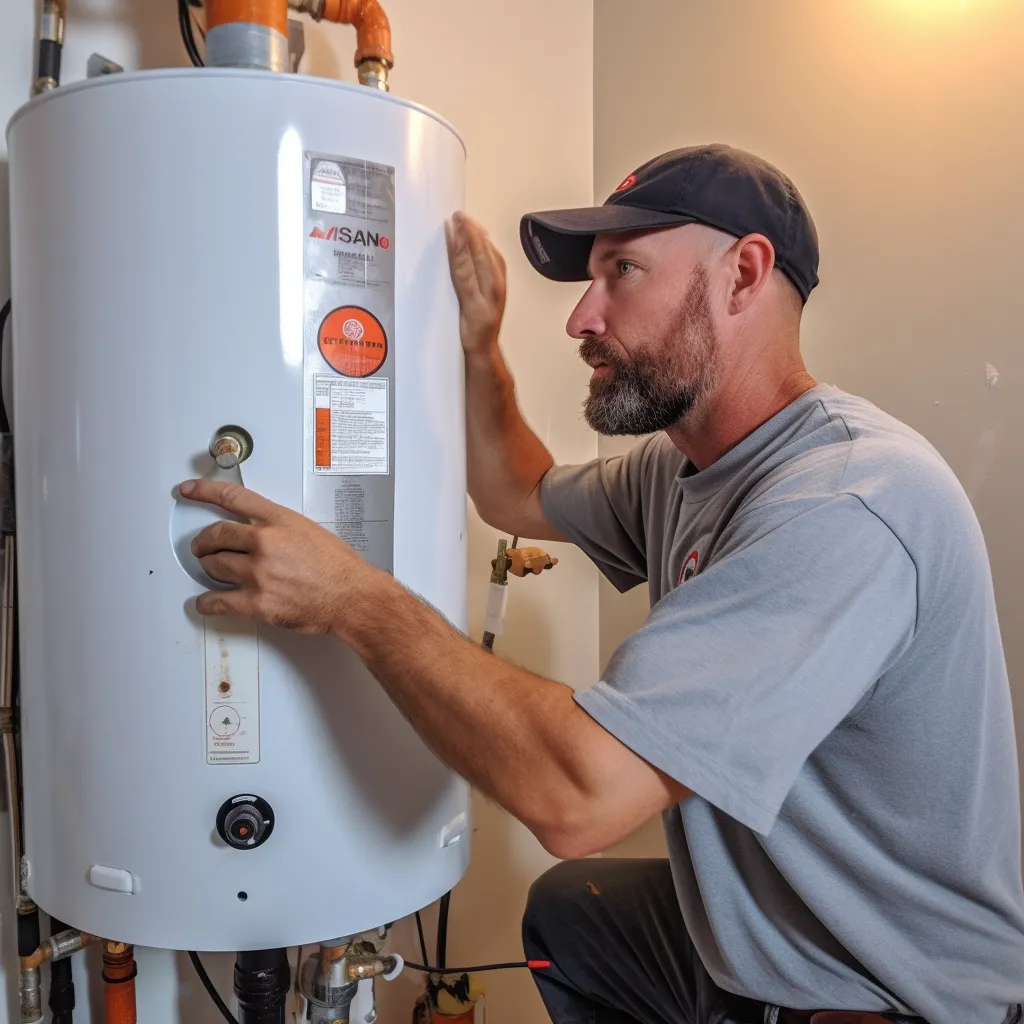
Professionals have the necessary experience and training to safely and efficiently install a new water heater.
They'll be able to advise you on the best type and size for your household.
Licensed plumbers are familiar with all local building codes and can ensure that your water heater is up to code.
If any issues arise during installation, a professional will be able to troubleshoot them quickly and effectively.
Professionals have the proper tools and equipment.
Hiring a professional for your water heater replacement can save you time, money, and potential headaches down the line.
Contact Us
